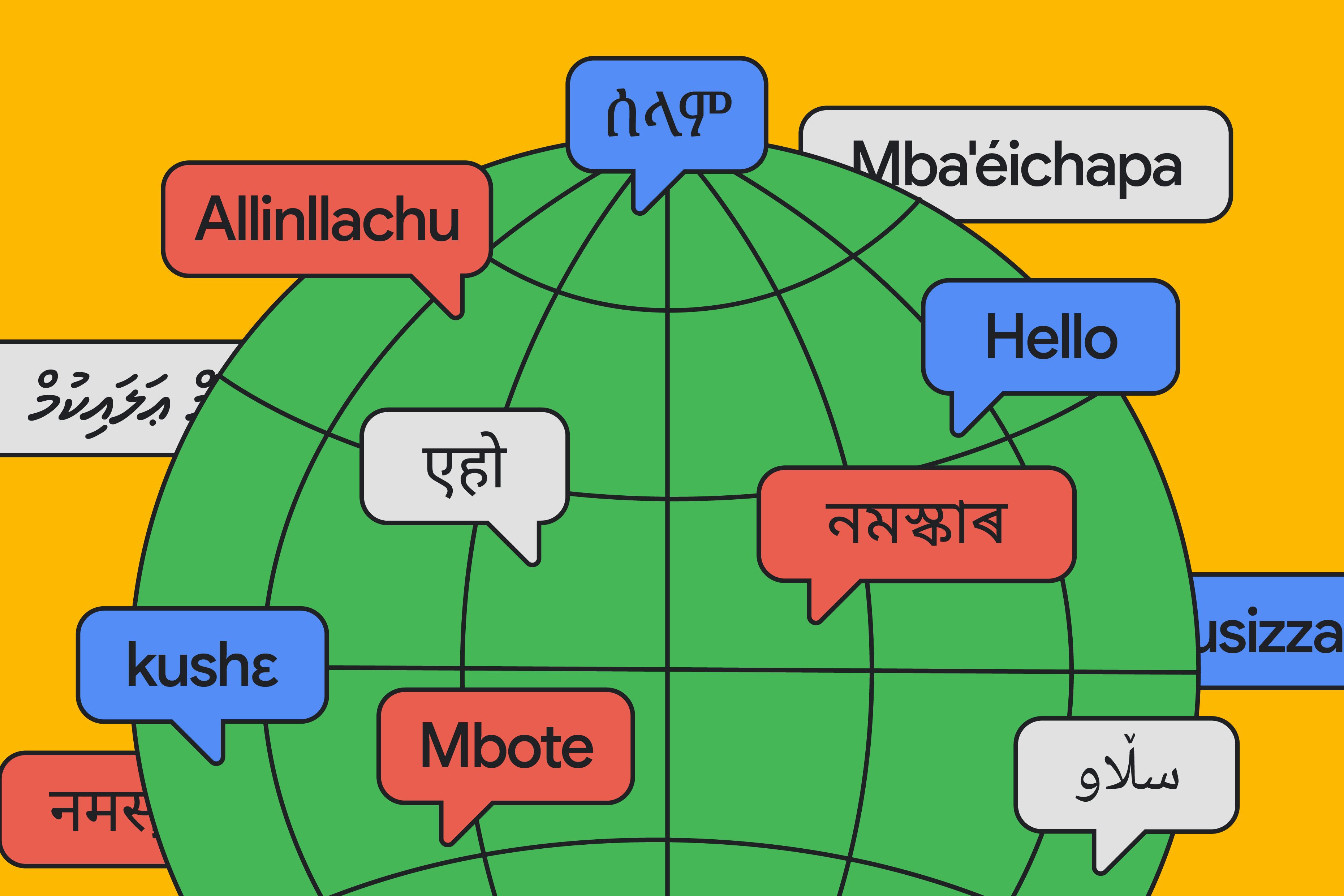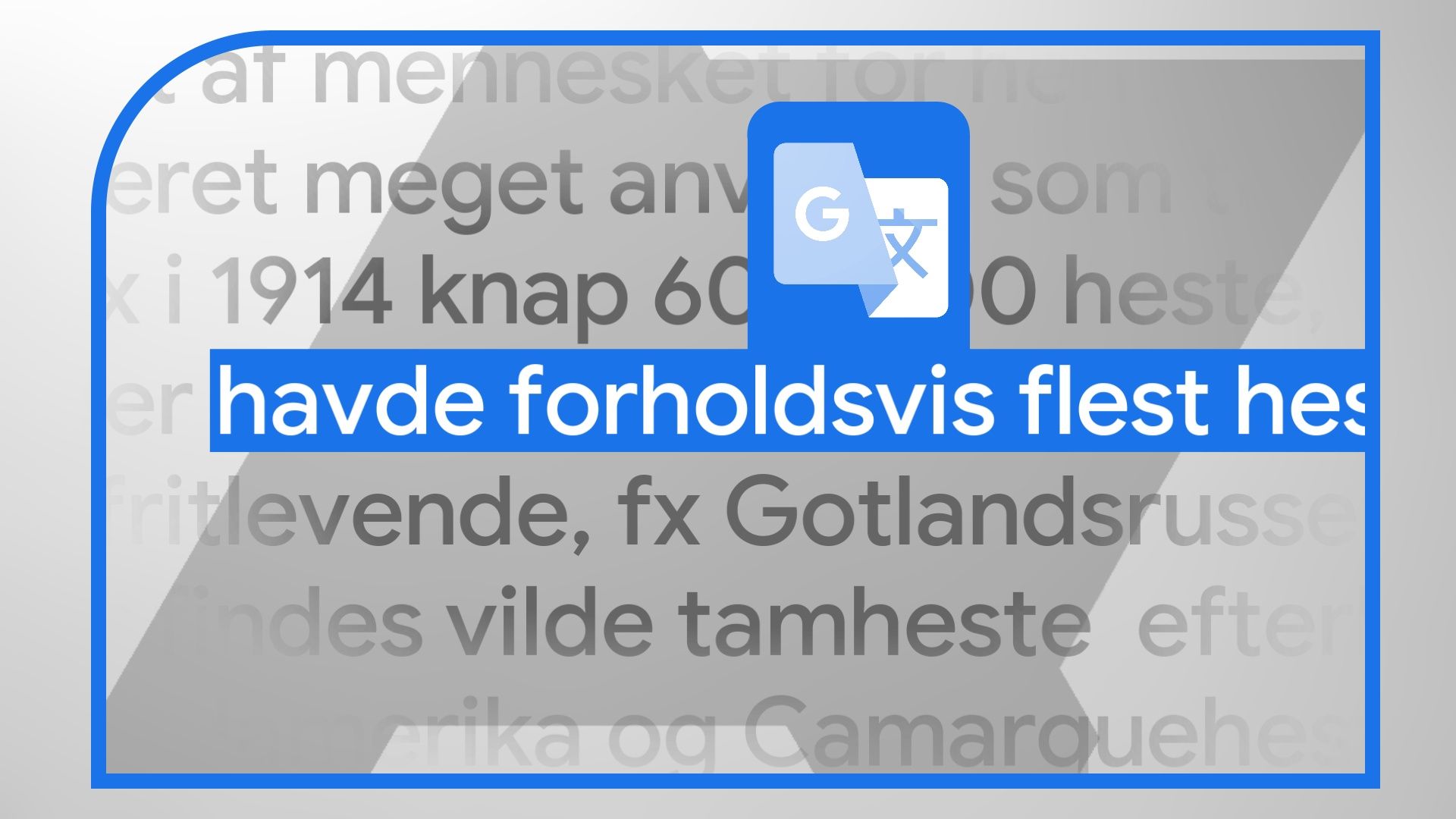Review sản phẩm
Thế giới không còn rào cản ngôn ngữ nhờ trí tuệ nhân tạo!
## Thế giới không còn rào cản ngôn ngữ nhờ trí tuệ nhân tạo!
Công nghệ dịch thuật thông minh: Từ viễn tưởng đến hiện thực
Chỉ vài năm trước, ý tưởng về một thiết bị dịch thuật tức thời, chính xác mọi ngôn ngữ vẫn chỉ là viễn tưởng trong các bộ phim khoa học viễn tưởng. Tuy nhiên, nhờ những bước tiến vượt bậc của trí tuệ nhân tạo (AI), giấc mơ đó đã trở thành hiện thực. Ngày nay, các ứng dụng và thiết bị dịch thuật sử dụng AI đang làm thay đổi cách chúng ta giao tiếp và tương tác với thế giới.
Khả năng dịch thuật đa ngôn ngữ chính xác và nhanh chóng của AI đã mở ra vô vàn cơ hội mới. Từ việc tạo điều kiện thuận lợi cho giao thương quốc tế, hợp tác nghiên cứu khoa học, đến việc kết nối văn hóa giữa các quốc gia và giúp đỡ những người di cư dễ dàng hòa nhập, AI đang đóng một vai trò ngày càng quan trọng. Không chỉ dừng lại ở việc dịch văn bản, công nghệ AI còn có thể dịch giọng nói, phiên dịch thời gian thực, thậm chí còn có thể hiểu và phản hồi ngữ cảnh, từ đó tạo ra trải nghiệm giao tiếp tự nhiên và mượt mà hơn.
Đánh giá sản phẩm và mua ngay tại Queen Mobile:
(Phần này cần thêm thông tin cụ thể về sản phẩm dịch thuật nào được bán tại Queen Mobile. Ví dụ: Tên sản phẩm, tính năng, giá cả, hình ảnh sản phẩm,…)
Queen Mobile hiện đang cung cấp các sản phẩm dịch thuật thông minh ứng dụng AI, giúp bạn vượt qua mọi rào cản ngôn ngữ một cách dễ dàng. Với [Tên sản phẩm], bạn có thể:
* Dịch thuật nhanh chóng và chính xác giữa nhiều ngôn ngữ khác nhau.
* Dịch văn bản, giọng nói, thời gian thực.
* Sử dụng tiện lợi với giao diện thân thiện.
* [Thêm các tính năng nổi bật khác của sản phẩm]
Đừng bỏ lỡ cơ hội trải nghiệm công nghệ tương lai! Hãy đến ngay Queen Mobile hoặc truy cập website [website của Queen Mobile] để tìm hiểu thêm thông tin và mua sản phẩm.
#dịchthuật #trítuệnhân tạo #AI #côngnghệ #QueenMobile #ngônngữ #dịchthuyết #côngnghệthôngminh #sảnphẩmthôngminh #việtnam
Giới thiệu Thanks to AI, universal translators aren’t just the stuff of science fiction anymore
: Thanks to AI, universal translators aren’t just the stuff of science fiction anymore
Hãy viết lại bài viết dài kèm hashtag về việc đánh giá sản phẩm và mua ngay tại Queen Mobile bằng tiếng VIệt: Thanks to AI, universal translators aren’t just the stuff of science fiction anymore
Mua ngay sản phẩm tại Việt Nam:
QUEEN MOBILE chuyên cung cấp điện thoại Iphone, máy tính bảng Ipad, đồng hồ Smartwatch và các phụ kiện APPLE và các giải pháp điện tử và nhà thông minh. Queen Mobile rất hân hạnh được phục vụ quý khách….
_____________________________________________________
Mua #Điện_thoại #iphone #ipad #macbook #samsung #xiaomi #poco #oppo #snapdragon giá tốt, hãy ghé [𝑸𝑼𝑬𝑬𝑵 𝑴𝑶𝑩𝑰𝑳𝑬]
✿ 149 Hòa Bình, phường Hiệp Tân, quận Tân Phú, TP HCM
✿ 402B, Hai Bà Trưng, P Tân Định, Q 1, HCM
✿ 287 đường 3/2 P 10, Q 10, HCM
Hotline (miễn phí) 19003190
Thu cũ đổi mới
Rẻ hơn hoàn tiền
Góp 0%
Thời gian làm việc: 9h – 21h.
KẾT LUẬN
Hãy viết đoạn tóm tắt về nội dung bằng tiếng việt kích thích người mua: Thanks to AI, universal translators aren’t just the stuff of science fiction anymore
From the dawn of civilization, humanity’s intrinsic desire for communication and connection has been a driving force in breaking down language barriers. However, the concept of a singular device, capable of seamlessly interpreting a diverse range of languages, didn’t emerge from ancient times — rather, it was science fiction that provided the visualization of a universal translator. The concept, as portrayed in numerous sci-fi works, envisions a device even potent enough to decipher extraterrestrial languages. These portrayals transitioned the universal translator from a mere fantasy to a genuine technological goal in contemporary society.
Universal translators have long been a staple of science fiction, representing the bridging of linguistic gaps between diverse species and civilizations. In Doctor Who, the TARDIS uses a telepathic field to translate almost all languages, while Farscape introduces bacteria called translator microbes to achieve a similar effect. Douglas Adams’s The Hitchhiker’s Guide to the Galaxy utilizes a creature called the “babel fish” that translates by feeding off mental frequencies. Both Star Trek and Star Control showcase technologically advanced universal translators that decode alien languages, though with varying degrees of effectiveness and accuracy. These fictional devices, whether biological or technological, emphasize the importance of communication and understanding in a vast, multilingual universe.
In 2008, the idea of a universal translator in a smartphone was so fantastical that the Pomegranate Phone advertisement, sponsored by the Government of Nova Scotia, made it a highlight of its whimsical feature set, alongside absurdities like a coffee brewer and harmonica. As reported by Eyerys, this fictional phone ad went viral, underscoring just how far-fetched the concept seemed to the general public at the time.
This was sci-fi satire in 2008, and now it’s commonplace just 15 years later.
In the modern tech era, the inception of Google Translate was a watershed moment in translation technology. Initially, it was a rudimentary web-based tool, but rapidly, it became an invaluable asset for global users. The tech giant delved into the sphere of real-time translations, with some languages more or less already working in a sci-fi way. For instance, Google Meet’s live-translated captions are emblematic of a future where multilingual meetings cease to be a bottleneck. Similarly, Google’s Pixel Buds, which integrate instant translation, are not just auditory devices but vital companions in multilingual terrains. Nonetheless, every innovation warrants scrutiny. While Google’s tools have undeniably broadened horizons, questions persist about their ability to handle linguistic intricacies and nuances.
As the tech world further embraced AI, the media industry wasn’t far behind. Platforms began to recognize the monumental potential of catering to a global audience. YouTube exemplified this by enhancing its video translation capabilities, empowering content creators to extend their reach beyond traditional linguistic confines. A testament to this strategy’s success is the meteoric rise of content creators like Mr. Beast. His modus operandi doesn’t merely rest on auto-generated translations. Instead, he adopts a meticulous approach, customizing content to resonate globally, thus maximizing viewer engagement across diverse cultures. On the auditory front, Spotify’s AI-driven podcast translation is a pioneering effort, potentially bringing the voices of on-air hosts to machine translated episodes.

Source: Google
In the competitive space of digital translation tools, two names often dominate discussions: DeepL and Google Translate. Translate Press’s analysis suggests that while DeepL shines in delivering impeccable translations, especially for languages like Chinese and European dialects, Google Translate’s widespread availability and cost-effectiveness give it an undeniable appeal. DeepL’s nuanced approach, providing variations in tone, sets it apart. Yet, for those needing expansive translations without a hefty price tag, Google Translate remains a formidable contender. In my opinion, during my work as a consultant and researcher, DeepL is the clear winner.
The quest for bridging linguistic divides isn’t solely about translation. It’s also about language acquisition. The Rosetta Stone software was groundbreaking in the digital language-learning arena. Its interactive modules shifted paradigms in how languages were taught and absorbed. Today’s digital age has also seen the emergence of platforms like Duolingo and ELSA. While Duolingo and many others gamify language learning, ELSA zeroes in on perfecting pronunciation, striving to make learners sound authentically native.
Lastly, one cannot understate the profound sociocultural implications of advancing translation technologies. Consider Canada, a nation that proudly champions its bilingual heritage. As translation tools become more sophisticated, will linguistic proficiency in politics play a secondary role to leadership acumen? Elsewhere, in the realm of global travel, the joys may stem from shared narratives and friendships forged. Advanced translation tools promise to make these interactions more authentic and profound, turning language from a potential barrier into a bridge that fosters deeper understanding and unity in a diverse world. Ultimately, Google’s translations are likely to serve cross-cultural and cross-language media in ways we might need to turn to sci-fi to anticipate.
Xem chi tiết và đăng kýXem chi tiết và đăng kýXem chi tiết và đăng kýXem chi tiết và đăng kýXem chi tiết và đăng kýXem chi tiết và đăng ký
Khám phá thêm từ Phụ Kiện Đỉnh
Đăng ký để nhận các bài đăng mới nhất được gửi đến email của bạn.





